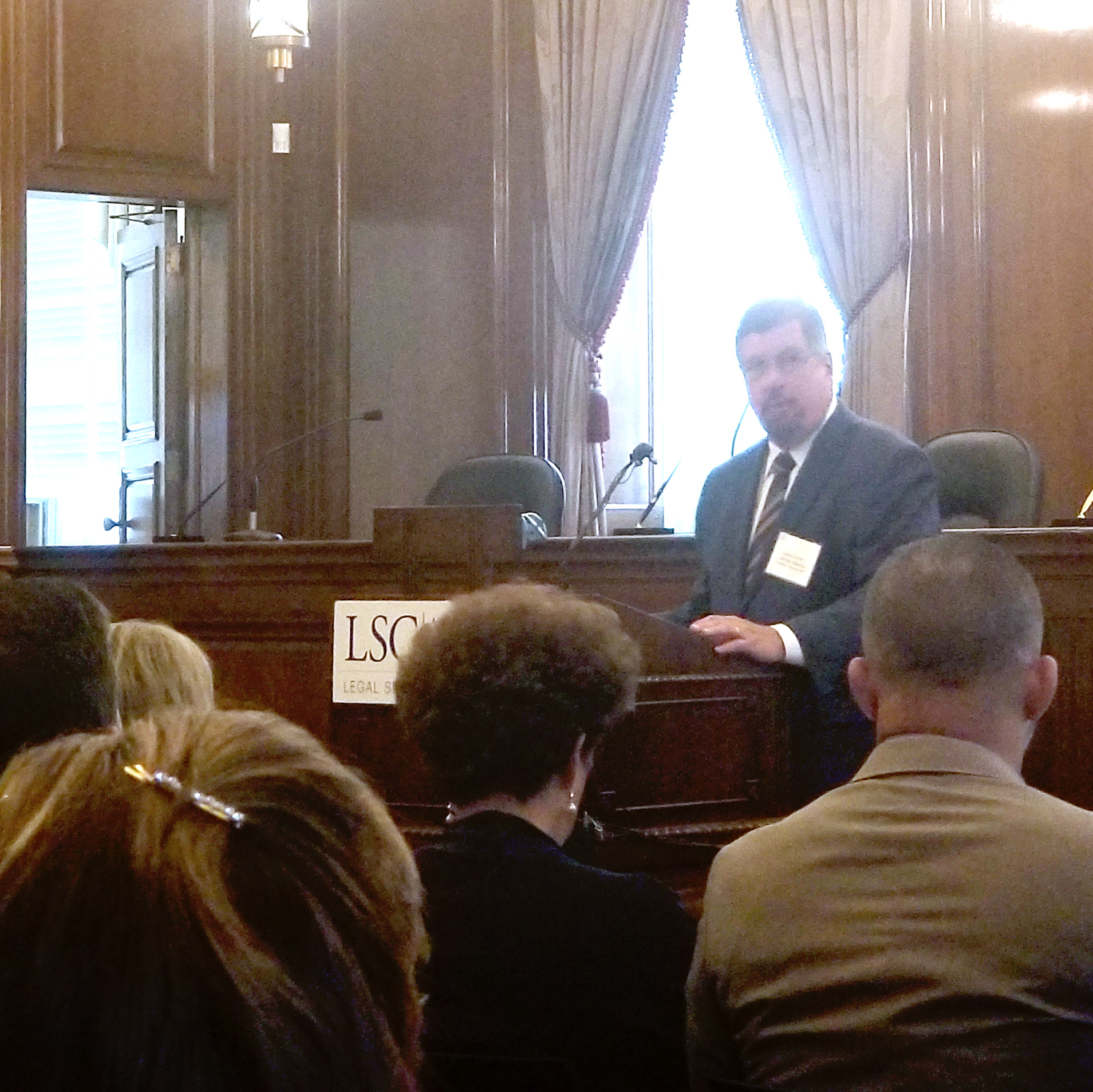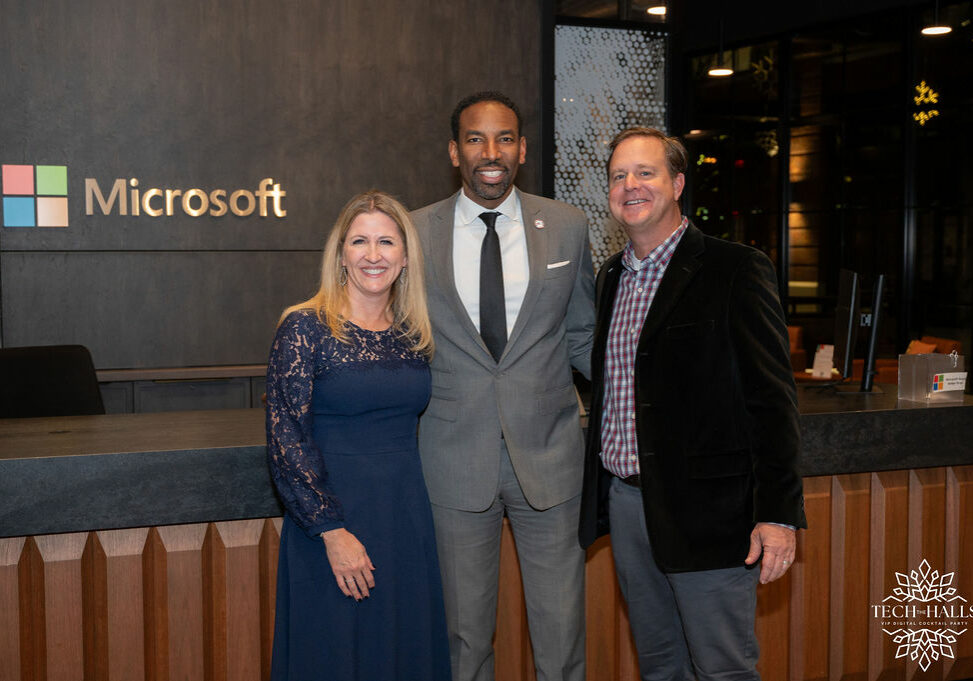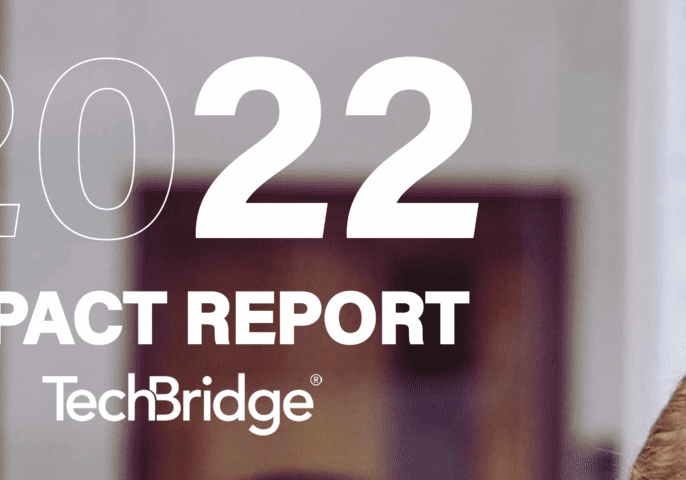Array
The Legal Services Corporation (LSC) is the single largest funder of civil legal aid for low-income Americans in the nation. Established in , LSC operates as an independent 501(c)(3) nonprofit corporation that promotes equal access to justice and provides grants for high-quality civil legal assistance to low-income Americans. We have been privileged to complete work with multiple legal service organizations funded by LSC on items from comprehensive legal assessments to the creation of JusticeServer, a comprehensive case management system.
This past June, our Tennessee Community Leader Samantha Sanchez attended LSC’s Opioid Task Force Report Release which was held in conjunction with the Tennessee Administrative Office of the Courts. Representing Tennessee, Chief Justice Jeffrey S. Bivins opened the event. Multiple speakers addressed the connection between civil legal aid and opioid use disorder (OUD). The event highlighted the recommendations of the LSC Opioid Task Force regarding strengthening the role of civil legal aid in the response to the opioid epidemic.
The report’s overview stated, While the opioid epidemic has received considerable public attention, what has been publicized far less is the substantial volume and variety of civil legal issues faced by individuals and families affected by OUD.
The report offers thirteen recommendations for civil legal aid providers and the Legal Services Corporation. Our knowledge of legal service organizations and technology uniquely enables us to provide technology solutions and processes consulting to support the specific report recommendations:
- Legal Aid Providers should assess the effects of the opioid epidemic on their client populations
- Legal aid providers should build on or develop partnerships with local organizations serving individuals and families affected by the opioid epidemic
- Legal aid providers should consider applying for federal, state, and other funding to address the unmet civil legal needs of individuals affected by the opioid epidemic
- Treatment providers should consider forming medical-legal partnerships or other collaborations to comprehensively address social determinants of health with legal solutions
If you’d like to know more about how we supports the work of civil legal aid organizations to enhance legal services delivery for individuals suffering from OUD, contact our legal technology leader Samantha Sanchez.




